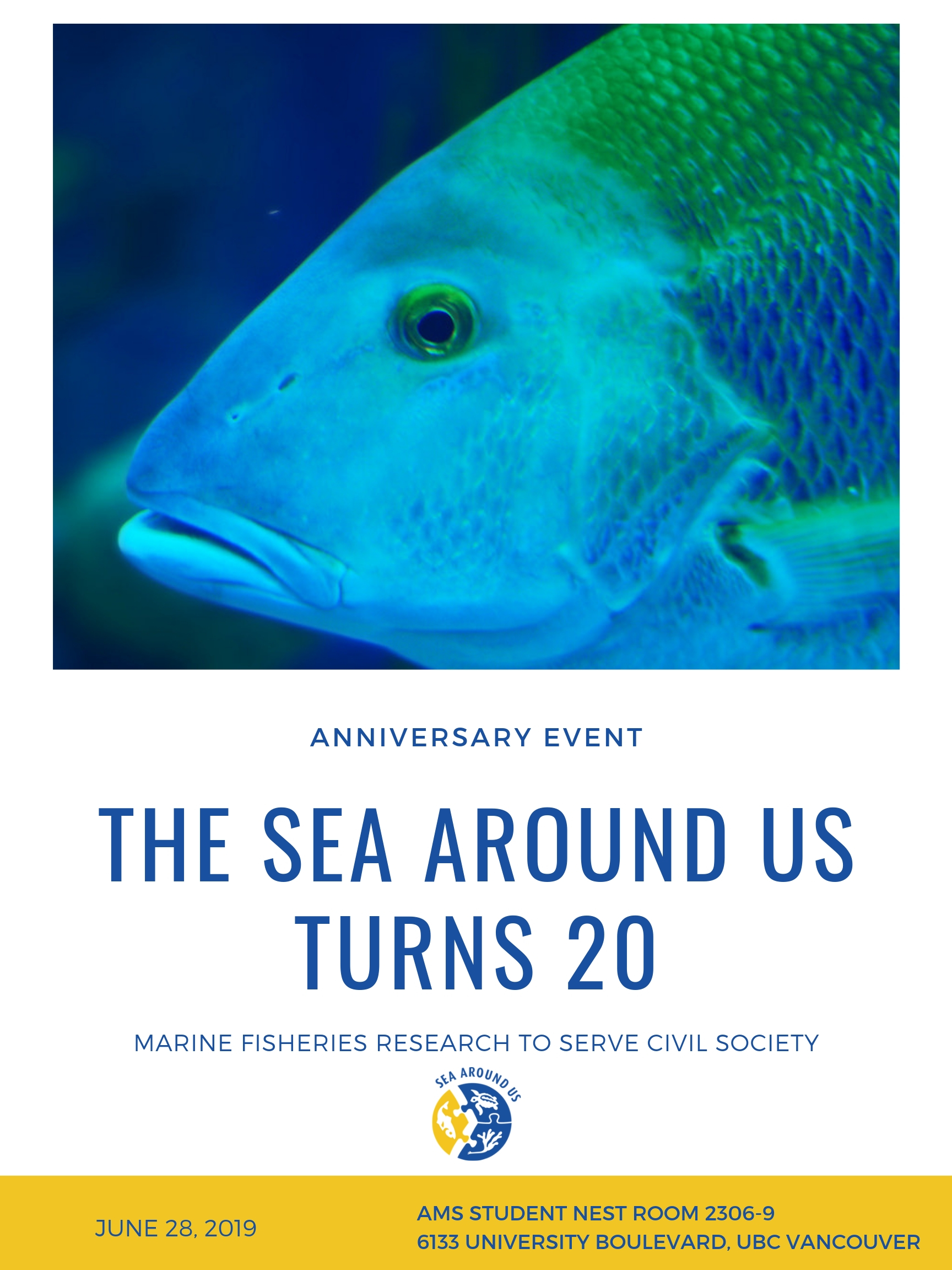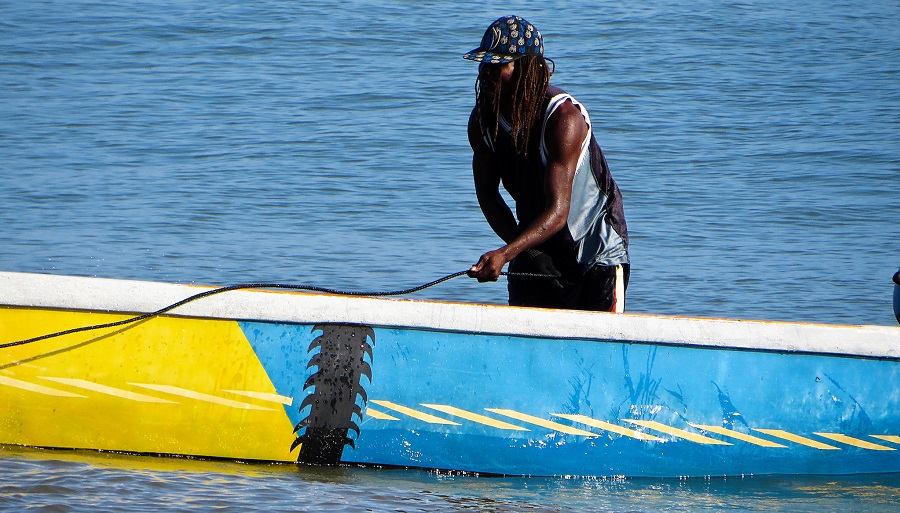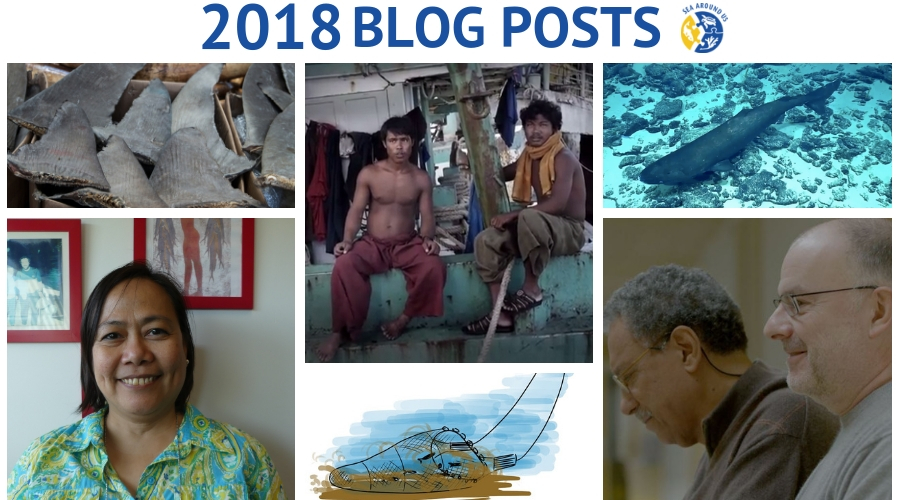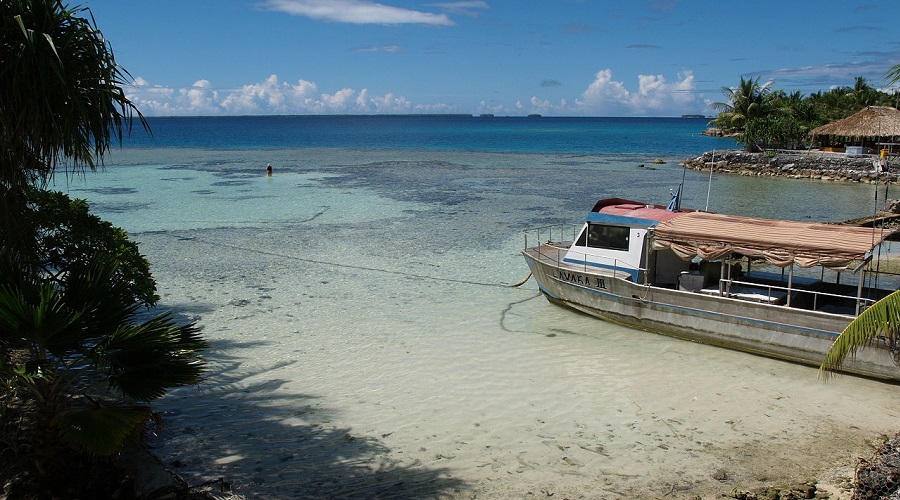The Sea Around Us research initiative, based at the University of British Columbia and with a recently-opened ‘branch’ at the University of Western Australia, is turning 20 years old this June.
Tag: Sea Around Us – Indian Ocean
Artisanal fisheries’ value hidden in Honduras’ statistics
Artisanal fisheries catches taken from Honduras’ Exclusive Economic Zone have contributed far more than previously thought both to the economic growth and the food security of this Central American country, new research has found.
Rashid Sumaila to talk about the Sustainable Blue Economy in Perth
Rashid Sumaila, Director of the Fisheries Economics Research Unit at the University of British Columbia and Associated Faculty at the Sea Around Us, will be visiting Perth and offering a lecture on February 19, 2019.
2018 Blog Posts
Fishing pressure and climate change challenge Tokelau’s food security
Tokelau’s fish-dependent population may be at risk of seeing its main source of locally available animal protein dramatically reduced if the amounts and species of fish caught by local fishers in their waters stay the same or increase.
According to a study by researchers with the Sea Around Us initiative at the University of British Columbia and the Sea Around Us – Indian Ocean at the University of Western Australia, a small-scale, commercial or artisanal fishery that has been growing since it began in the early 2000s, combined with an expanding foreign industrial fishery that catches most of the offshore fish in the territory’s exclusive economic zone, may threaten people’s access to fresh seafood.











